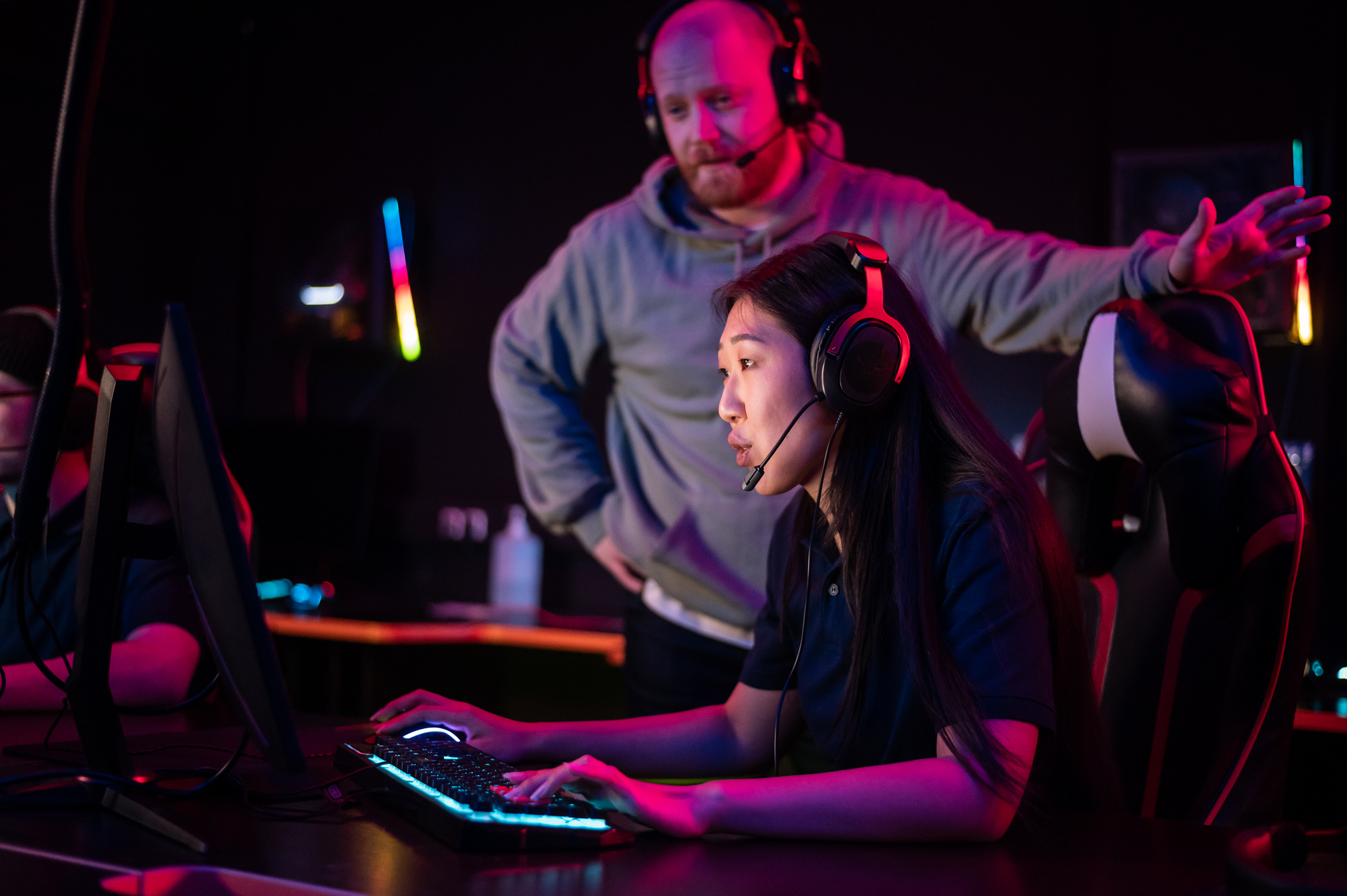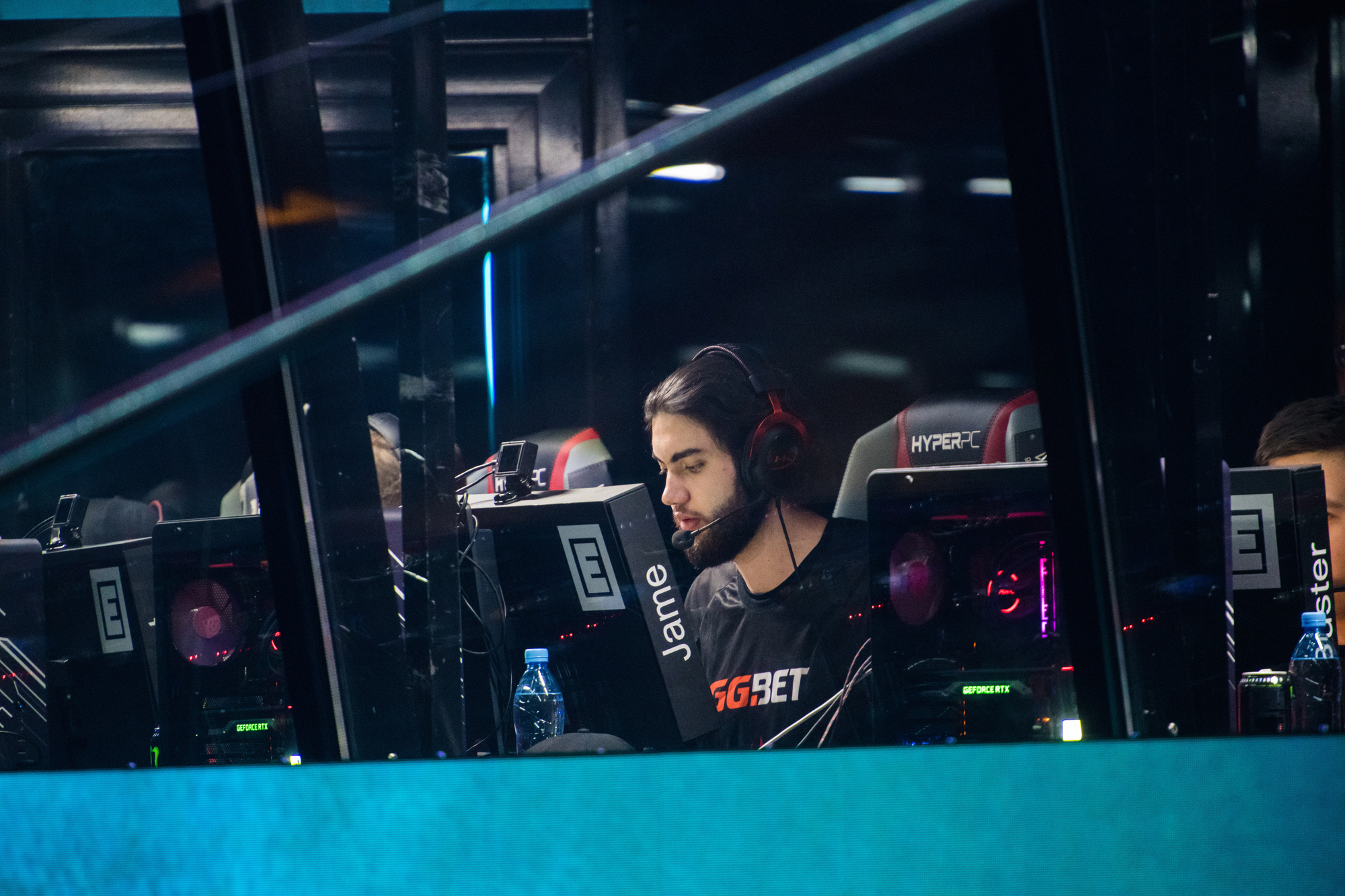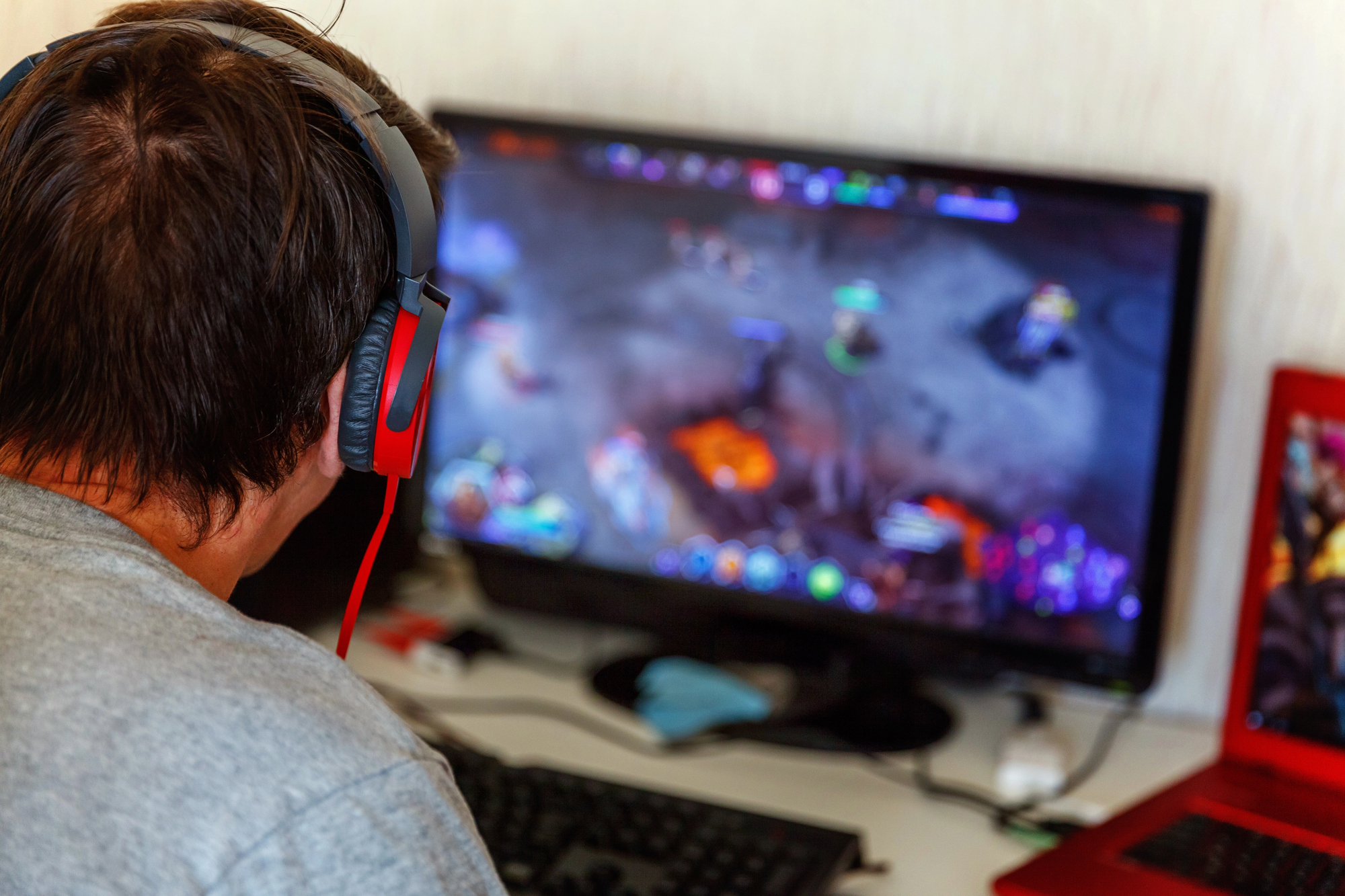Gaming has revolutionized modern communication, creating new channels for social interaction and collaboration. Video games now serve as virtual meeting grounds where people from diverse backgrounds connect, fostering relationships that transcend geographical boundaries. Online gaming platforms have become integral to social networks, offering unique spaces for players to communicate, strategize, and build communities.
The impact of gaming on communication extends beyond leisure activities. Educational institutions and businesses are harnessing game-based learning and communication tools to enhance engagement and productivity. These digital environments promote the development of vital 21st-century skills, including empathy, creativity, and teamwork.
As technology advances, gaming continues to shape how people interact and express themselves. From in-game chat systems to streaming platforms, the gaming industry has created an ecosystem that facilitates communication on a global scale. This digital landscape provides opportunities for individuals to share experiences, learn from one another, and form lasting connections in an increasingly interconnected world.
The Role of Video Games in Modern Communication
Video games have reshaped communication in the digital age. They provide new platforms for social interaction, influence language use, and create shared virtual experiences.
Evolution of Gaming as a Communication Medium
Early video games offered limited communication options. Text-based adventures and simple multiplayer games relied on basic chat functions. As technology advanced, voice chat became common in online gaming. This allowed players to coordinate strategies and build relationships in real-time.
Modern games integrate sophisticated communication tools. Many titles feature built-in social networks, allowing players to form groups and share achievements. Some games even use augmented reality to blend digital and physical communication spaces.
The rise of streaming platforms has further expanded gaming’s communicative reach. Millions watch and interact with gamers through live broadcasts, creating new forms of entertainment and community engagement.
Game Genres and Communication Styles
Different game genres foster distinct communication patterns. Cooperative games encourage teamwork and strategic planning. Players must share information quickly and clearly to succeed.
Competitive games often lead to more intense, fast-paced communication. Players exchange tactical information and sometimes engage in playful banter or trash talk.
Role-playing games promote storytelling and character-based interactions. Players often adopt personas, leading to creative and imaginative dialogue.
Puzzle games and strategy titles tend to spark discussions about problem-solving approaches. Players share tips and debate optimal solutions.
The Influence of Online Gaming on Social Interaction
Online gaming has created vast virtual social spaces. Players form friendships and communities that span the globe. These connections often extend beyond the game, with players communicating through various platforms.
Gaming can help develop social skills. Players learn to collaborate, resolve conflicts, and adapt to diverse communication styles. This is especially valuable for those who struggle with face-to-face interactions.
Online games also serve as cultural meeting points. Players from different backgrounds share experiences and perspectives, fostering cross-cultural understanding.
However, gaming environments can also expose users to negative behaviors like harassment. Many platforms now implement moderation tools to create safer, more inclusive spaces.
Gaming Communities and Social Dynamics
Online gaming has transformed social interactions, creating unique spaces for players to connect, collaborate, and form relationships. These virtual environments foster a sense of belonging and shared experiences among diverse groups of gamers.
Formation of Online Communities
Gaming platforms provide spaces for players to gather and interact based on shared interests. Forums, chat rooms, and social media groups allow gamers to discuss strategies, share experiences, and build connections. These communities often develop their own culture, language, and norms.
Game-specific communities form around popular titles, attracting players who enjoy similar gameplay styles or genres. Players join these groups to find teammates, exchange tips, and stay updated on game news.
Cross-platform communities bring together gamers from different consoles or devices, broadening the social network beyond individual games. These larger communities facilitate discussions on gaming trends, industry news, and shared experiences across multiple titles.
Guilds and Teamwork
Guilds are organized groups within games that promote teamwork and cooperation. Members work together to achieve common goals, tackle challenging content, and compete against other teams.
Guild structures vary, from casual social groups to highly competitive organizations. Leadership roles emerge, with players taking on responsibilities for recruitment, event planning, and strategy development.
Teamwork in guilds builds trust and fosters strong social bonds. Players learn to communicate effectively, coordinate actions, and support each other during gameplay. These skills often translate to real-life situations, enhancing players’ social abilities outside the game.
Fostering Friendships and Socialisation
Online gaming creates opportunities for meaningful friendships to develop. Players who regularly team up or participate in guild activities often form close bonds, despite geographical distances.
Voice chat and messaging systems allow for real-time communication, adding depth to social interactions. Gamers share personal experiences, joke around, and support each other through both in-game and real-life challenges.
Gaming events and conventions provide opportunities for online friends to meet in person, strengthening relationships formed in virtual spaces. These gatherings celebrate shared interests and create lasting memories for community members.
Social skills gained through gaming communities can benefit players in various aspects of life. Improved communication, teamwork, and leadership abilities contribute to personal and professional growth beyond the gaming world.
Cultural Impact of Gaming
Video games have become a powerful force shaping cultural norms, social interactions, and artistic expression. Their influence extends far beyond entertainment, affecting how people communicate, perceive society, and engage with other media forms.
Game Culture and Society
Gaming has created its own subculture with unique social dynamics and shared experiences. Online multiplayer games foster global communities where players collaborate and compete across borders. These virtual spaces serve as meeting grounds for diverse groups, breaking down geographical barriers.
Gaming terminology and memes have seeped into everyday language, especially among younger generations. Phrases like “rage quit” or “grinding” are now used in non-gaming contexts. This shared vocabulary strengthens bonds within gaming circles and impacts broader social communication.
Esports has emerged as a legitimate profession and spectator sport, challenging traditional notions of athletics. Professional gamers attain celebrity status, influencing fashion trends and lifestyle choices among their fans.
Representation in Gaming and Stereotypes
The gaming industry has faced criticism for perpetuating stereotypes and lacking diversity. However, recent years have seen efforts to address these issues. More games now feature protagonists from various backgrounds, ethnicities, and gender identities.
Character customization options in many games allow players to create avatars that reflect their own identities or explore different personas. This feature promotes inclusivity and self-expression within virtual worlds.
Some games tackle social issues head-on, raising awareness about topics like mental health, environmental conservation, and discrimination. These narratives spark discussions and can shape players’ perspectives on real-world problems.
Cross-Media Influences: Film, Music, and Art
Gaming’s impact extends into other creative fields. Many successful film franchises are based on video games, bringing gaming narratives to wider audiences. The visual aesthetics of games inspire artists across various mediums, from digital art to traditional painting.
Music composed for video games has gained recognition as a distinct genre. Game soundtracks are performed by symphony orchestras and featured in concerts, bridging the gap between classical and contemporary music scenes.
Game design principles are applied in non-gaming contexts, such as education and corporate training. “Gamification” techniques use game elements to engage people in typically non-game activities, changing how organizations approach motivation and skill development.
Educational and Psychological Aspects of Gaming
Video games impact education, skill development, and psychological well-being. They offer opportunities for learning and personal growth while also presenting potential challenges, especially for young players.
Games in Education and Skill Development
Video games serve as effective educational tools. Many titles incorporate problem-solving elements that boost critical thinking abilities. Strategy games, for example, require players to analyze complex situations and make decisions quickly. This can improve cognitive flexibility and planning skills.
Some games teach specific subjects like history or science through immersive storytelling and interactive environments. These educational games make learning engaging and memorable. Additionally, multiplayer games often involve teamwork and communication, helping players develop social skills.
Gaming can enhance spatial awareness, hand-eye coordination, and reaction times. Action games, in particular, have been linked to improvements in visual processing and attention span. These benefits can transfer to real-world tasks and academic performance.
Gaming Psychology and Effects on the Youth
The psychological impact of gaming on young people is complex. Moderate gaming can provide stress relief and social connection. Online multiplayer games allow youth to form friendships and practice social skills in a low-pressure environment.
However, excessive gaming may lead to addiction-like behaviors in some individuals. Signs include prioritizing games over other activities, difficulty controlling play time, and withdrawal symptoms when not gaming. This can negatively affect academic performance, sleep patterns, and real-world relationships.
Video games can influence emotions and behavior. Violent games have been studied for potential links to aggression, though research findings are mixed. Positive games that reward prosocial actions may encourage kindness and empathy in players.
Gaming can stimulate imagination and creativity. Open-world and sandbox games allow players to explore virtual environments and create their own stories. This can foster innovative thinking and problem-solving skills.












